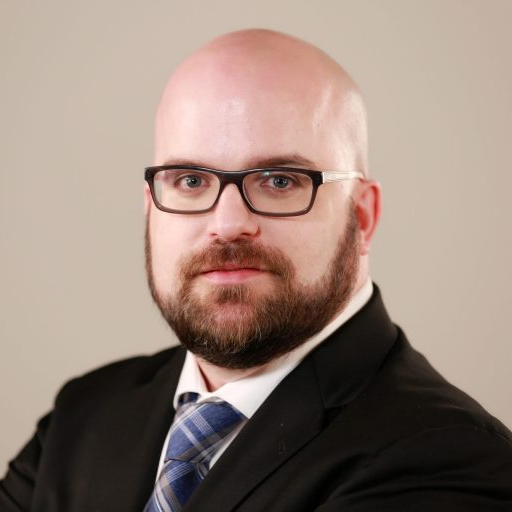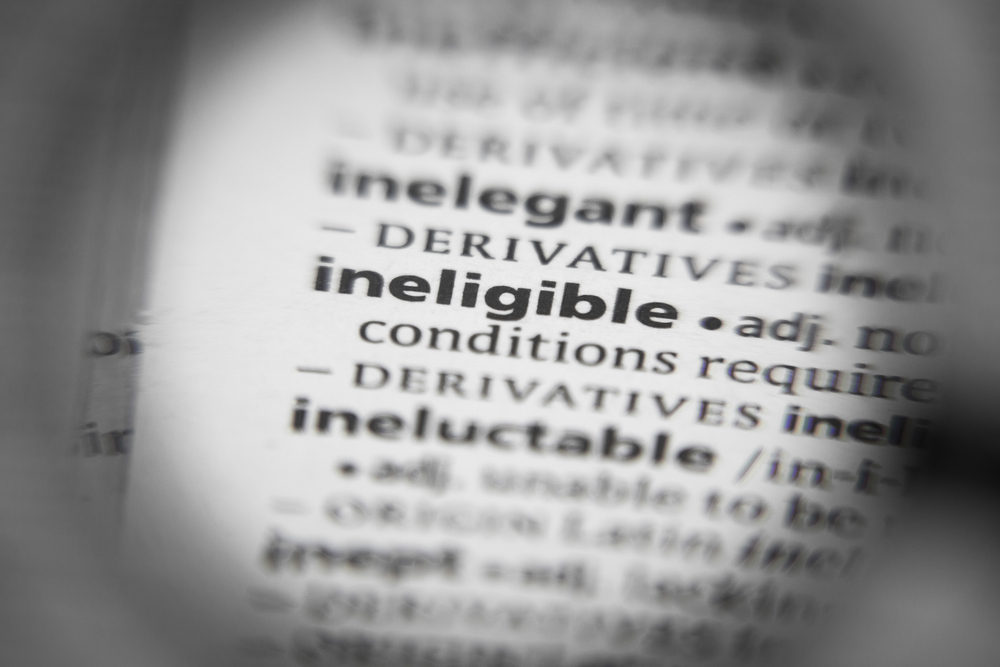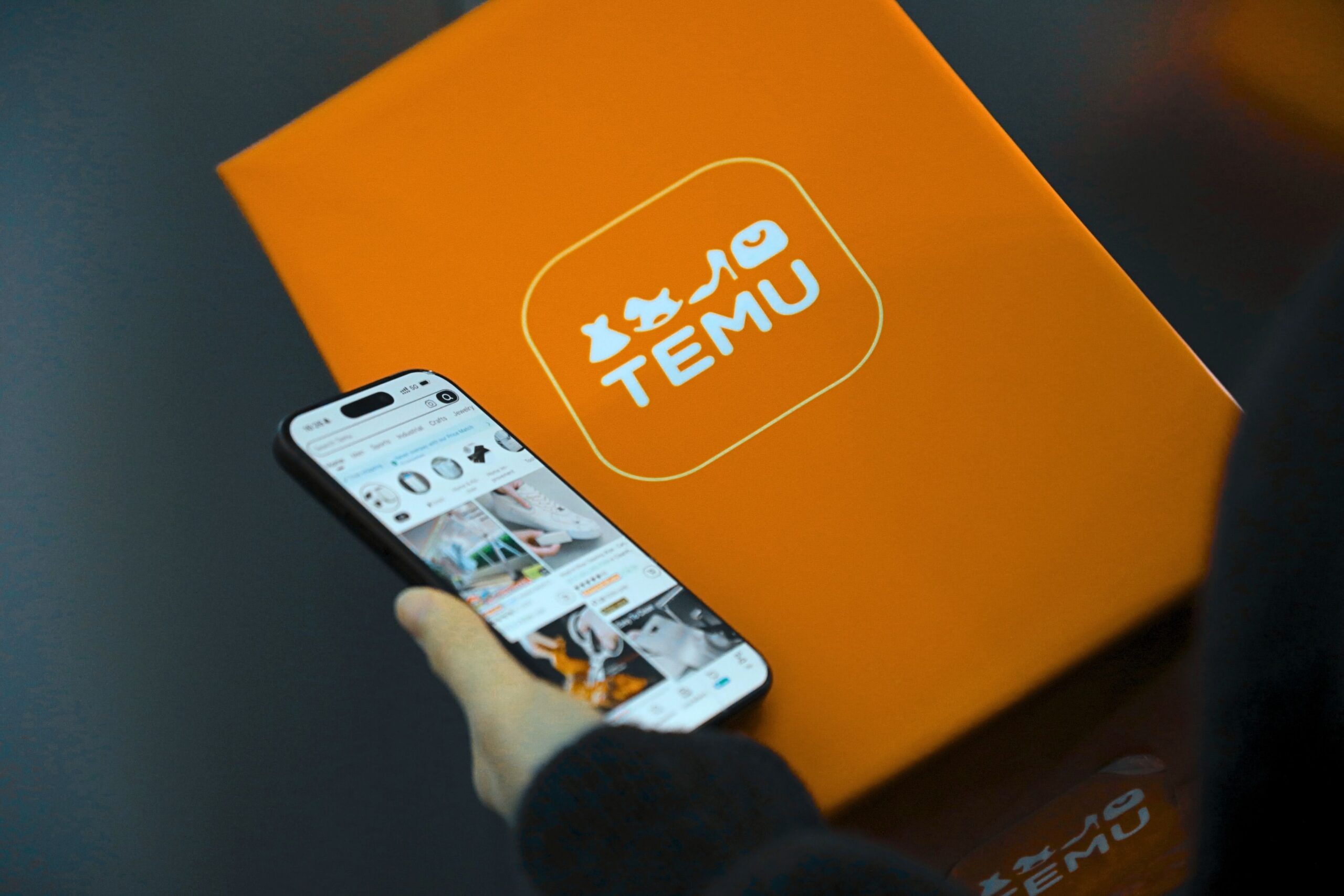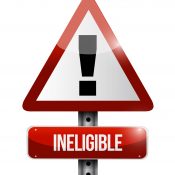“To the extent Apple is correct about there being no way to require an implementer to negotiate FRAND licenses, this leaves SEP owners with no practical option but to sue for patent infringement when FRAND terms and conditions cannot be agreed upon.”
 This is the fourth in a series of articles analyzing statements made by various entities in the cellular industry regarding licensing Standard Essential Patents (SEPs) on a Fair, Reasonable and Non-Discriminatory (FRAND) basis. The third article considered the royalty base to which FRAND rates apply. This article focuses on statements made regarding the obligations of SEP owners in the process of FRAND licensing.
This is the fourth in a series of articles analyzing statements made by various entities in the cellular industry regarding licensing Standard Essential Patents (SEPs) on a Fair, Reasonable and Non-Discriminatory (FRAND) basis. The third article considered the royalty base to which FRAND rates apply. This article focuses on statements made regarding the obligations of SEP owners in the process of FRAND licensing.
The FRAND Process: SEP Owner (Would Be Licensor) Obligations
One of the main areas of disagreement reflected in the FRAND related statements and litigation positions of some of the entities discussed so far in this series involves the obligations of SEP owners in getting to the point of FRAND licenses (i.e. FRAND licensing as a process), as distinct from the FRAND terms and conditions themselves (i.e. FRAND licenses as a result). This difference of opinion was touched on in the first article in this series, relating to transparency obligations, but the issue goes much deeper than that.
According to Apple’s FRAND statement, for example, in addition to being transparent, “SEP owners… should prove with specificity why each SEP is actually essential, infringed, and not otherwise invalid, exhausted, licensed, or unenforceable.” The Fair Standards Alliance (FSA) echoes these sentiments in its Position Paper titled “Facilitating the Fair and Balanced Settlement of Disputes on SEPs”. Unified Consulting, a sister company of Unified Patents, also supports such a view, saying in a recent IAM article that when faced with an invitation to license SEPs, implementers should “[r]igorously challenge all assertions of essentiality and infringement, placing the onus on proving infringement on the patent holder.” Setting aside essentiality for a moment, these entities are effectively saying that SEP owners should prove to prospective licensees that licenses are needed.
Apple’s stated rationale for its position is that “[t]raditional patent law and burdens of proof should be applied to test the merits of SEPs and owners’ royalty demands, just as they are for all patents”. Apple does not make clear, however, how a patent owner’s burden of establishing infringement in a patent action translates to a third-party beneficiary’s right to FRAND licenses as a matter of contract law. Even if one were to assume patent issues are germane to the latter, it is unclear why the SEP owner would have to establish validity given patents are presumed valid and the traditional burden of establishing invalidity is on an alleged infringer. Furthermore, proving validity would require patent owners to establish that no invalidating prior art exists, which is tantamount to having to disprove the existence of Russell’s teapot. Coming back to the exercise of FRAND rights, Apple’s position begs the question as to why patent owners are obligated to establish that licenses are required instead of the onus being on implementers to clearly indicate that FRAND licenses are not desired if they are concerned about validity, or even infringement for that matter.
Setting aside the practical impossibility of proving anything to an implementer intent on holding out, Apple’s position seem to be at odds with Judge Gilstrap’s ruling in HTC v. Ericsson, which found that, based on traditional burdens of proof in contract law, plaintiffs HTC Corporation and HTC America, Inc. bore the burden of proof regarding their breach of FRAND claims (see Order re: Defendants Telefonaktiebolaget LM Ericsson and Ericsson Inc.’s Motion To Confirm That Plaintiffs HTC Corporation and HTC America, Inc. Bear the Burden of Proof, HTC Corporation, HTC America Inc v. Telefonaktiebolaget LM Ericsson, Ericsson Inc, Case No: 6:18-CV-00243-JRG (E.D. Texas, November 8, 2018), which motion was brought in response to HTC’s assertion that Ericsson bore the burden of proving its rates were FRAND). HTC also bore the burden of proof regarding Ericsson’s counterclaim for a declaration that the terms offered to HTC complied with FRAND. According to Judge Gilstrap, “it is well-settled that ‘the operation of the Declaratory Judgment Act [is] to be only procedural, leaving substantive rights unchanged’ and that ‘the burden of proof is a substantive aspect of a claim.’” (see Memorandum Opinion and Final Judgment, HTC Corporation, HTC America Inc v. Telefonaktiebolaget LM Ericsson, Ericsson Inc, Case No: 6:18-CV-00243-JRG (E.D. Texas, May 22, 2019)).
Even more perplexing is Apple’s, the FSA’s, and Unified Consulting’s position that patent owners should prove their patents are essential, for it would seem implementers, as third-party beneficiaries, have to accept such patents are essential in order to trigger a patent owner’s obligation to license on FRAND terms and conditions in the first place. See, for example, the United States District Court for the District of Delaware’s recent ruling that Sierra Wireless’ FRAND-based counterclaims failed on summary judgment as a result of Sierra Wireless’ failure to prove essentially (Koninklijke KPN N.V. v. Sierra Wireless, Inc., No. 17-90-LPS, 2020 U.S. Dist. LEXIS 67016 (D. Del. Apr. 16, 2020)). See also Certain Electronic Devices, Including Wireless Communication Devices, Portable Music and Data Processing Devices, and Tablet Computers, Inv. No. 337-TA-794 (USITC 2012) wherein Apple was found to have not met its burden to prove a FRAND defense regarding a Section 337 Investigation brought by Samsung at the US International Trade Commission.
In addition to the obligation to prove licenses are required, Apple is of the view that “SEP owners should prove the value of each alleged invention and establish that a licensing offer to each and all such patents complies with FRAND requirements” and that “SEP owners should include, with license offers to SEPs, an explanation with factual and legal support sufficient for potential SEP licensees to assess for each SEP whether (i) a license is needed, and (ii) the offer is FRAND.” The Court of Appeal of the Hague, however, came to a different conclusion in Koninlijke Philips N.V. vs. Asustek Computers Inc. et al. (Case number 200.221.250/01 (Court of Appeal of the Hague, May 7, 2019), pages 57-75), rejecting Asustek’s FRAND defense and finding that Philips did not owe Asustek a duty to substantiate its offers were FRAND. Further the Court found that “Asus [sic] claim for access to and/or a copy of all license agreements that Philips concluded with or offered to third parties with regard to the UMTS/LTE portfolio has therefore been insufficiently specified and constitutes an unauthorized fishing expedition.” In another Dutch case involving Philips, this time as a Defendant (Archos S. A. v. Koninklijke Philips N.V., Case number C/09/505587 I HA ZA 16-206 (District Court of the Hague, February 8, 2017)), Philips was able to successfully argue that Archos had not met its burden of establishing Philips had not offered FRAND licenses, despite Philips not having disclosed its prior licenses. This was done by relying on third party reports of Philips’ respective share of UMTS and LTE (3G and 4G) SEPs and regarding total royalties for such technologies. In the United States Judge Gilstrap also took a fairly limited view of SEP owner obligations, saying that “as a matter of French law, a member of ETSI who has submitted a licensing declaration pursuant to Clause 6.1 of ETSI’s Intellectual Property Rights (“IPR”) Policy satisfies its FRAND obligation by either (1) offering a license on FRAND terms and conditions, or (2) negotiating in good faith towards a FRAND license.” (see Memorandum Opinion and Final Judgment, HTC Corporation, HTC America Inc v. Telefonaktiebolaget LM Ericsson, Ericsson Inc, Case No: 6:18-CV-00243-JRG (E.D. Texas, May 22, 2019)).
As mentioned in the second article of this series, Apple is also of the view that “Parties have a fundamental right of access to national courts and a willing licensee does not become unwilling if it refuses arbitration, challenges the merits, or resorts to litigation because the SEP owner does not offer FRAND terms.” The FSA expresses a similar view in its Position Paper titled “Facilitating the Fair and Balanced Settlement of Disputes on SEPs”, specifically stating the following: “Such potential licensee must always have the right to employ the patent systems’ traditional mechanisms for challenging validity or infringement, and to raise any other relevant defenses. Permitting challenges to the merits of a given patent is pro-competitive, and ensures that only true innovators are rewarded with patent rights.” In short, entities subscribing to this view want to be able to fight against the need for FRAND licenses but without ever losing entitlement to the same. Unified Consulting, for example, advises implementers that when faced with an invitation to license SEPs they should, “[t]o preserve possible FRAND defenses, handle all asserted patents as being potentially essential” and “state unequivocally unconditional willingness to take a license on FRAND terms”, but at the same time “[r]igorously challenge all assertions of essentiality and infringement”, “explore anonymous opposition and nullity opportunities in applicable countries even well before an assertion begins” and “[c]onsider seeking resolution in the most advantageous court preemptively.”
Having Your FRAND Cake and Eating it Too
This notion of requiring patent owners to prove licenses are needed, while capping one’s exposure at FRAND rates in the event they do so, is reflected in Apple’s unsuccessful Motion for Partial Summary Judgment on the Pleadings regarding Qualcomm’s claim for a declaration that it had satisfied and discharged its FRAND commitment to ETSI vis a vis Apple, which Qualcomm argued “would inoculate it from a future breach of FRAND action and would operate to forfeit Apple’s right under FRAND” (Order Denying Apple’s Motion for Partial Judgment on the Pleadings, In Re: Qualcomm Litigation, Case No.: 3:17-cv-108-GPC-MDD (S.D. California, March 20, 2019)). More recently, in a case involving PanOptis, Apple argued that PanOptis had “no legal right under U.S. law to impose on Apple an obligation to negotiate a license to Plaintiffs’ portfolios of declared-essential patents or forfeit any defenses for failing to do so” (Apple Inc.’s Motion to Dismiss Count VIII for Lack of Subject Matter Jurisdiction, Optis Wireless Technology, LLC, Optis Cellular Technology, LLC, Unwired Planet, LLC, Unwired Planet International Limited, and PanOptis Patent Management, LLC v. Apple Inc., Civil Action No. 2:19-cv-00066-JRG (E.D. Texas, June 22, 2020)).
To the extent Apple is correct about there being no way to require an implementer to negotiate FRAND licenses, this leaves SEP owners with no practical option but to sue for patent infringement when FRAND terms and conditions cannot be agreed upon (for a declaration of compliance with FRAND obligations in no way guarantees a license will follow, and requires an allegation of a breach of FRAND for there to be declaratory judgment jurisdiction, which is not the case when an implementer says they are willing to take FRAND licenses, as Unified Consulting recommends: see Report and Recommendation, Huawei Technologies Co. Ltc, v. T-Mobile US, Inc., T-Mobile USA, Inc., Case No. 2:16-CV-00715-JRG-RSP (E.D. Texas, February 21, 2017)). Enforcing SEPs on a country by country basis, however, can be tremendously onerous and expensive especially if, in addition to infringement and validity issues, FRAND issues need to be addressed.
The UK Courts recognized this tension in response to Huawei’s objection that making it subject to a UK injunction, if not agreeing to worldwide rates set by the UK Courts, was unfair given the patents could turn out to be invalid. The Court of Appeal defended Judge Birss’ approach saying, amongst other things “there was nothing to prevent a FRAND licensee from challenging the validity of a licensed SEP in any jurisdiction and the license could and should include an appropriate mechanism to deal with the outcome of such proceedings.” (Unwired Planet International Limited, Unwired Planet LLC and Huawei Technologies Co. Limited , Huawei Technologies (UK) Co Limited, [2018] EWCA Civ 2344, In the Court of Appeal (Civil Division), paragraph 109 rejecting Huawei’s argument that having to choose between worldwide FRAND terms and conditions that assume the patents are valid and essential, or an injunction, amounts to shifting the burden to the implementer to pay until it can show patents invalid or inessential). In the eyes of the Supreme Court “[t]he effect of this jurisdiction was to put the onus on an implementer to challenge foreign patents once the court had found a UK SEP to be valid and infringed.” (Unwired Planet International Ltd and another (Respondents) v. Huawei Technologies (UK) Co Ltd and another (Appellants) Huawei Technologies Co Ltd and another (Appellants) v. Conversant Wireless Licensing SARL (Respondent) ZTE Corporation and another (Appellants) v. Conversant Wireless Licensing SARL (Respondent) [2020] UKSC 37). Regarding FRAND obligations of would be licensors, the Supreme Court noted that SEP owners cannot be made to enforce their patents in other countries:
- The question how the dispute should be defined has been the main bone of contention between the parties, both in this court and in the courts below. Is it, as the appellants say, in substance a dispute about the terms of a global FRAND licence, or is it, as the respondent maintains, both in form and in substance about the vindication of the rights inherent in English patents, and therefore about their validity and infringement, with FRAND issues arising only as an aspect of an alleged contractual defence? Thus far the respondent has had the better of that argument, both before the judge and the Court of Appeal. At the heart of the analysis which has thus far prevailed is the recognition that the owner of a portfolio of patents granted by different countries is in principle entitled to decide which patents (and therefore in which country or countries) to seek to enforce, and cannot be compelled to enforce patents in the portfolio granted by other countries merely because a common FRAND defence to the enforcement of any of them raises issues which might more conveniently be determined in another jurisdiction than that which exclusively regulated the enforcement of the chosen patents.
One significant factor highlighted by the Supreme Court in support of the exercise of jurisdiction was the fact that Chinese courts were not shown to have jurisdiction to determine the terms and conditions of worldwide FRAND licenses (see paragraphs 96-97). To the extent a licensee’s obligation to negotiate in good faith does not include an obligation to arbitrate FRAND terms and conditions, this further supports the English court’s rational for exercising jurisdiction in the manner it did.
In the next article of this series, we will take a deeper dive on FRAND related statements relating to the obligations of implementers (prospective licensees) in the process of FRAND licensing.
Image Source: Deposit Photos
Author: PirenX
Image ID: 11274184

![[IPWatchdog Logo]](https://ipwatchdog.com/wp-content/themes/IPWatchdog%20-%202023/assets/images/temp/logo-small@2x.png)


![[Advertisement]](https://ipwatchdog.com/wp-content/uploads/2026/02/Junior-AI-Feb-10-2026-sidebar-CLE-700x500-1.jpg)
![[Advertisement]](https://ipwatchdog.com/wp-content/uploads/2026/02/Anaqua-Feb-12-2026-sidebar-700x500-1.jpg)
![[Advertisement]](https://ipwatchdog.com/wp-content/uploads/2026/02/Ankar-AI-Feb-17-2025-sidebar-700x500-1.jpg)
![[Advertisement]](https://ipwatchdog.com/wp-content/uploads/2025/12/LIVE-2026-sidebar-regular-price-700x500-1.jpg)







![[Advertisement]](https://ipwatchdog.com/wp-content/uploads/2021/12/WEBINAR-336-x-280-px.png)
![[Advertisement]](https://ipwatchdog.com/wp-content/uploads/2021/12/Ad-4-The-Invent-Patent-System™.png)







Join the Discussion
No comments yet.